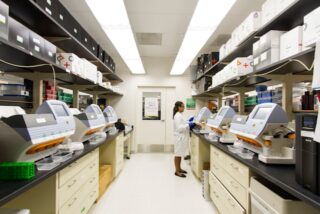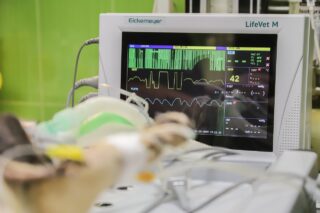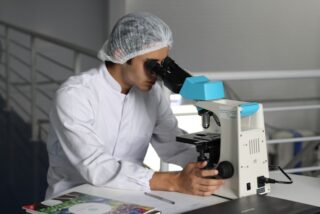
Risk is the probability of an event happening. When it comes to cancer, risk often refers to the likelihood of getting cancer.
Cancer has the second highest mortality rate in the world. Every year the trend in the number of people falling ill is progressive. In the last 10 years the rate has risen by 40%. This demonstrates the effectiveness of early diagnosis or the frightening spread of cancer.
Researchers and doctors apply the concept of risk to monitor the health of many people. One example is the risk of developing a malignancy from tobacco use. It has long been known that smoking increases the risk of developing lung cancer. Using this knowledge, the World Health Organisation (WHO) adopted the WHO Framework Convention on Tobacco Control in 2003.
The concept of risk factors
Various factors affect a person’s health throughout their life. These can be internal factors, such as a mutation in one of the genes that determines the production of an enzyme. External factors have a physical effect, such as ultraviolet or ionising radiation, or a biochemical effect, such as sugar intake and others.
If an influencing factor in a part of the human population causes the development of a certain disease, it is called a risk factor for that disease. For example, excessive exposure of a person to UV radiation from the sun can lead to the development of skin cancer. But this raises important questions: how to determine who develops skin cancer and who does not, and after what time we can expect to get it. To simplify the answers to these questions, the concept of relative risk has been introduced in medical statistics. It is used in a study on a person’s exposure to a factor. Test subjects are divided into two groups, one of which is affected by an external or internal environmental factor and the other is not. The increase in the number of cases of disease after a certain time in the group affected by the risk factor gives us a relative risk value.
For example, scientists studied lung cancer mortality in British male doctors. Of 34,000 doctors, 441 died of lung cancer.
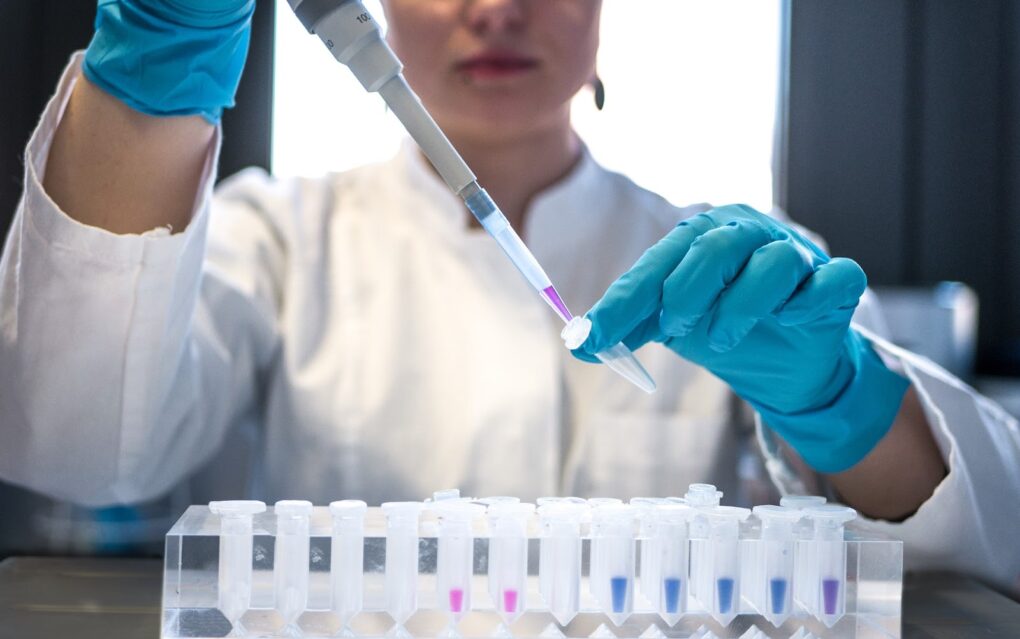
The group of smokers who died of lung cancer was 14 times the group of non-smokers. Hence, the relative risk of a male doctor who uses cigarettes is 14 times higher than that of a non-smoker.
The external exposure factor studied in this study (smoking) can now be identified as a risk factor for developing death from lung cancer in men. And this risk factor has a definite value of 14.0.
It is important to know what risk factors you have and discuss them with your doctor. This will help you to adjust some areas of your life and improve your health. This information will also help your doctor decide whether genetic testing and consultation with a geneticist is appropriate.
Common risk factors for cancer are:
older age;
-previous cancerous disease;
-having had cancer in a blood relative;
-smoking;
-obesity;
-alcohol;
-certain types of viral infections, such as human papillomavirus (HPV);
-certain chemicals;
-ionising radiation, including the sun’s UV rays.
By avoiding smoking, drinking alcohol, controlling excess weight and avoiding extensive sunburn, you stop exposure to these risk factors.
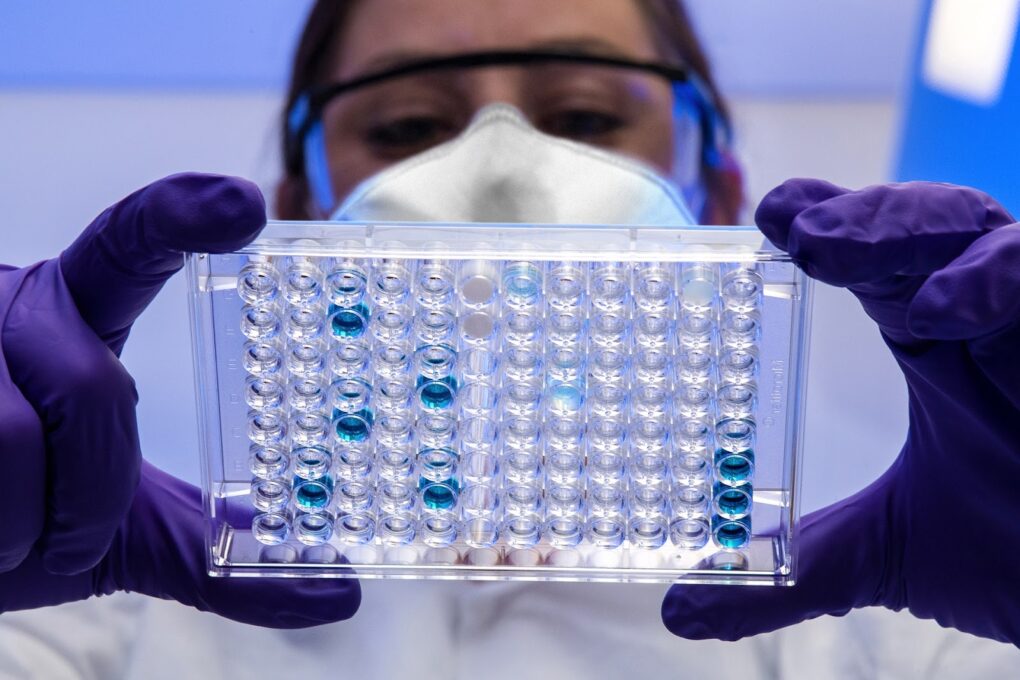
Conclusions and factors of cancer
The factors of cancer development are constantly being researched by scientists. No cure has yet been found for this dreaded disease. Millions of people hear the diagnosis every year. Half of them cannot be cured, due to late detection of the disease in stages 2, 3 and 4. Any factors of cancer must be taken with a degree of individual responsibility for one’s health. Known tenets about diet, bad habits are ignored by many people, including the need to protect oneself from UV radiation. Despite the logical factors of cancer, people continue to smoke, consume alcohol and eat a poor diet. The main factors in the development of cancer can be eliminated and lifestyle adjustments can be made. This will help to reduce the risk of developing malignant tumours and increase the chances of survival for those already struggling with the diagnosis.

